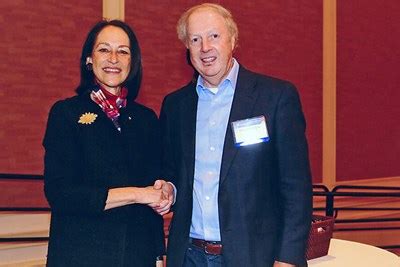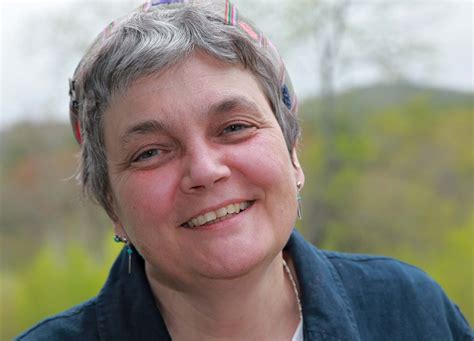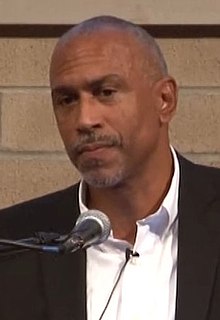A Quote by Konrad Lorenz
I consider early childhood events as most essential to a man's scientific and philosophical development.
Related Quotes
President Obama is highly concerned with education. He's a champion on early-childhood development strategies. So I like the work he's doing, and I support it, and I realise that he's one of very few political leaders around the world that actually has early-childhood development strategise at the top of his agenda.
Studies have proven that early childhood education returns to society as much as $12 for every dollar invested. Our goal is to identify the most important development opportunities for children five years and younger, providing insight to transform early childhood education from a social policy issue into an economic imperative.
Paul Davies takes us on a logically and rhetorically compelling modern search for human agency. This outstanding analysis, well informed by naturalistic views of our evolved affective nature, is the kind of philosophical work that is essential for a field to move forward when ever-increasing findings from modern science are inconsistent with traditional philosophical arguments. This book is for all who wish to immerse themselves in the modern search for free will. It is steeped in the rich liqueur of current scientific and philosophical perspectives and delusions.
If you read philosophical texts of the tradition, you'll notice they almost never said 'I,' and didn't speak in the first person. From Aristotle to Heidegger, they try to consider their own lives as something marginal or accidental. What was essential was their teaching and their thinking. Biography is something empirical and outside, and is considered an accident that isn't necessarily or essentially linked to the philosophical activity or system.
Scientific evidence for God's existence is being claimed today by theists, many of whom carry respectable scientific or philosophical credentials. He who is neither a she nor an it supposedly answers prayers and otherwise dramatically affects the outcome of events. If these consequences are as significant as believers say, then the effects should be detectable in properly controlled experiments.
As soon as one knows one is going to die, childhood is over.... So one can be grown up at seven. Then, I believe most human beings forget what they have understood, recover another sort of childhood that can last all their lives. It is not a true childhood but a kind of forgetting. Desires and anxieties are there, preventing you from having access to the essential truth.



































